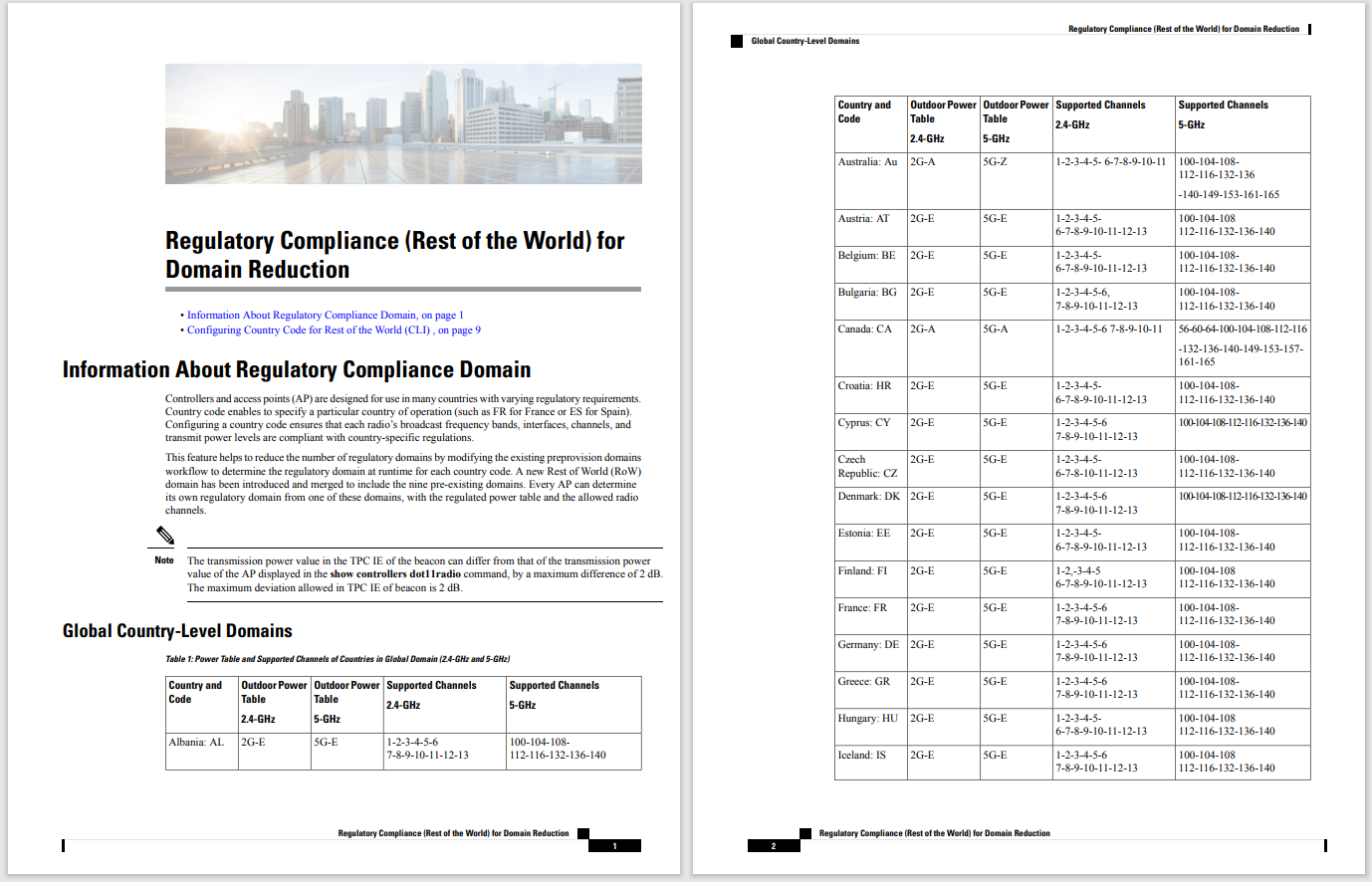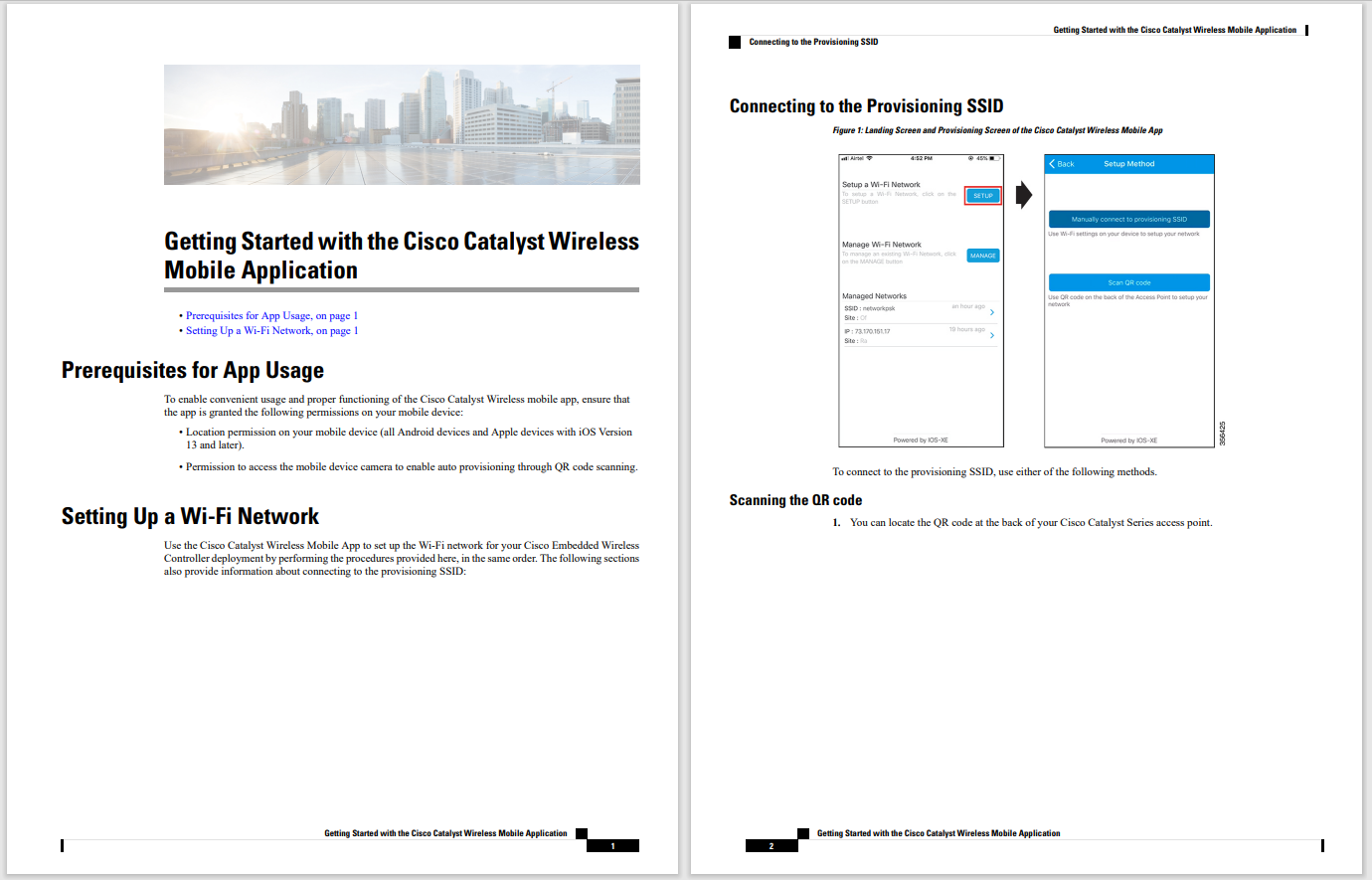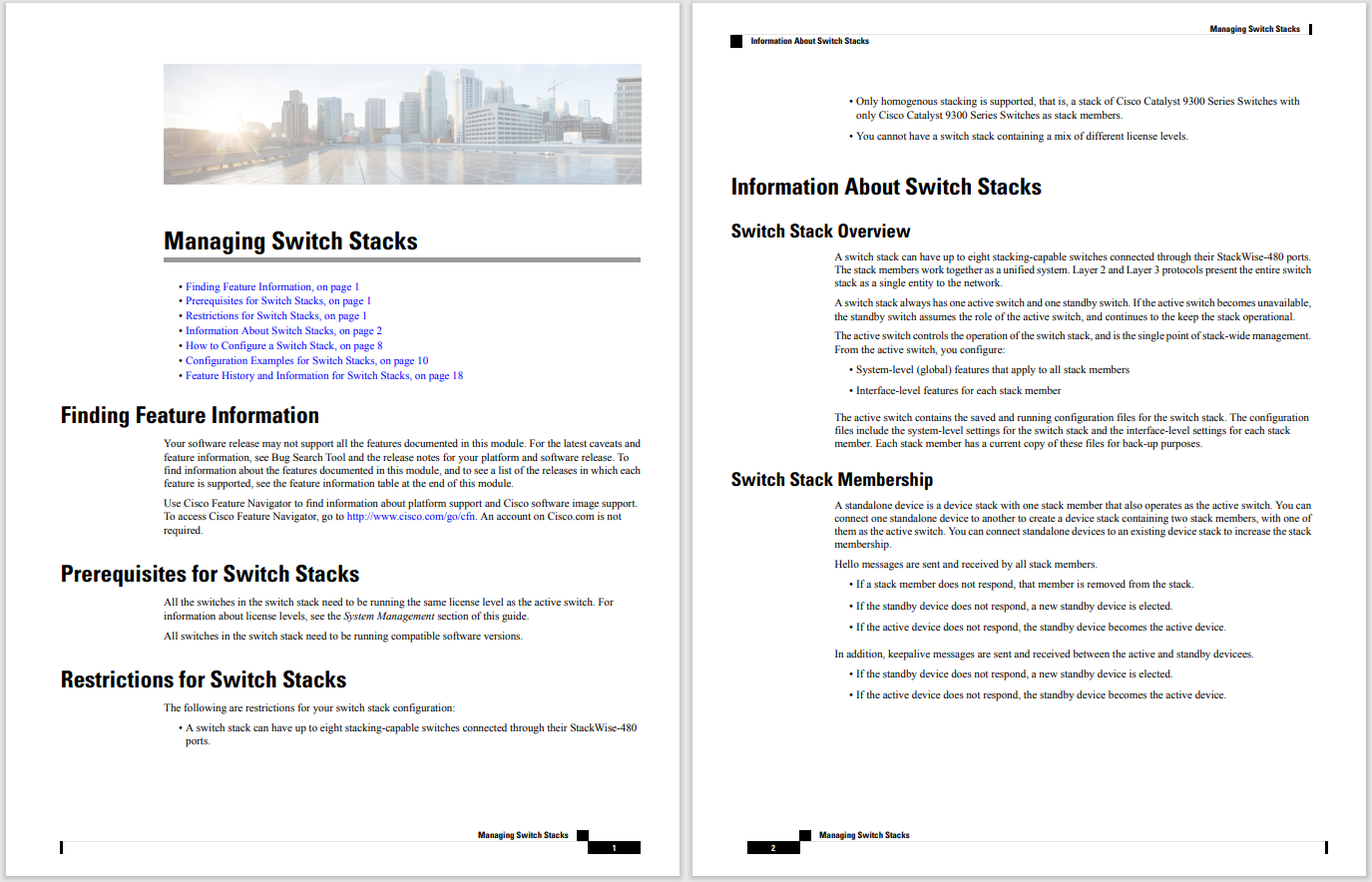































The IT skills crisis is worse than ever before and CIOs must create effective recruitment and retention strategies if they want to snare the talent that their digital transformation projects desperately require.
That's the main finding from recruiter Harvey Nash Group's Digital Leadership Report, which shows that more than two-thirds (67%) of digital leaders globally are now unable to keep pace with change because of a dearth of technology talent.
Reimagining business for the digital age is the number one priority of many of today's top executives. ZDNet offers practical advice and examples of how to get your digital transformation right.
Read nowBev White, chief executive of Harvey Nash Group, says her conversations with CIOs suggest that companies with IT skills gaps are going to find it much harder to hit their digital transformation targets.
SEE:Tech skills: Four ways you can get the right mix
"They won't be able to achieve what they're needing to do," she says. "And that would be a terrible outcome because we're seeing some fantastic transformational work being undertaken by digital leaders today."
White says the continued push for digitisation -with 60% of companies intending to increase technology investments during the next 12 months -means talented tech workers are going to be highly prized.
While the demand for continued tech investment is good news for CIOs, it also creates huge pressures, particularly when it comes to resourcing. New projects need talented staff -and they're becoming increasingly hard to attract and retain.
"It's really competitive and people are throwing the kitchen sink at people to get them to leave their current roles and join their businesses," says White. "So not only are you trying to attract new talent in, but you're trying to keep the back door shut, so that people don't go off and leave you. For CIOs, the skills crisis is now a massive challenge."
It's a trend that's recognised in the boardroom, too. Gartner says recruitment and retention is a top strategic priority for 52% of boards of directors for 2022, representing an 86% increase in interest over 2021. The analyst says the skills crisis is becoming a much more critical issue for boards as companies accelerate their digital transformation efforts.
Harvey Nash's research suggests that while 61% of organisations globally are planning to increase their IT headcounts to record levels during the next 12 months, four in 10 digital leaders say they can't keep people as long as they would like to because they're being lured away by the offer of more money somewhere else.
In terms of capability gaps, cybersecurity (43%) is the most sought-after tech skill, up by almost a quarter in the past 12 months, followed by big data/analysts (40%), and technical architects (34%). The shortage of developers (32%), meanwhile, is increasing at a faster rate than other tech roles.
White says CIOs who want to keep innovating on behalf of their businesses must wake up to the growing skills crisis. She suggests 10 tactics for digital leaders who are looking to recruit and retain hard-to-find talent:
What's clear from Harvey Nash's research of more than 2,100 digital leaders around the globe, which was completed iin collaboration with CIONET and contributed to by Massachusetts Institute of Technology CISR, is that recruitment and retention strategies are a continual work in progress.
Organisations that work to hone their strategies now are likely to have an advantage when it comes to hiring and keeping talent. So far, only a third of companies (32%) have redesigned their employee offer to make it attractive to staff in the new hybrid-working world. The task for digital leaders now is to find a strategy that works -and quickly.
"There isn't a silver bullet for this," says White. "It's about doing a mix of things that are really important. CIOs are talking about their recruitment and retention tactics all the time now. They know that doing nothing is not an answer. They know they can't afford to slow down digitisation efforts because of a skills gap. They've got to keep going."
 Tags quentes :
Negócio
Executivo
Tags quentes :
Negócio
Executivo